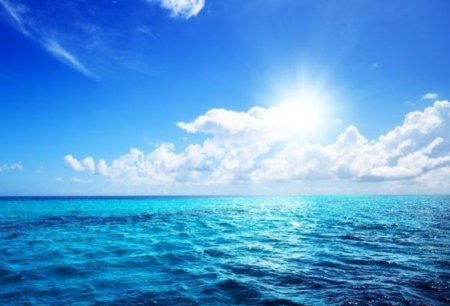June 8 is World Oceans Day. This observance was established in 1992 during the UN Conference on Environment and Development in Rio de Janeiro, Brazil.
Oceans cover 70 percent of the Earth's surface, spanning 361 million square kilometers across four major oceans: the Pacific, Atlantic, Indian, and Arctic Oceans. They are vital in producing a significant portion of the oxygen we breathe, absorbing carbon dioxide emissions, providing food and nutrients for marine life, regulating the climate, and supporting industries such as tourism and fishing, which contribute to the global economy.
However, human activities such as pollution, illegal fishing, poaching, water pollution and acidification, and climate change pose serious threats to our oceans and seas. The primary objective of World Oceans Day is to raise awareness and advocate for the protection of these vast bodies of water, which are crucial to life on Earth.
This day is celebrated in numerous countries across the world, including various European countries (Belgium, Great Britain, Germany, Netherlands, Ireland, Spain, Italy, Norway, Portugal, France), Southeast Asian nations (Vietnam, Indonesia, Singapore, Philippines), South Asian countries (India, Sri Lanka), East Asian countries (China, Japan), Latin American nations (Argentina, Ecuador, Cuba), Australia, African countries (Algeria, Gabon, Morocco, Mauritania, Kenya, Cameroon), as well as North American countries (Canada, USA, Mexico).



